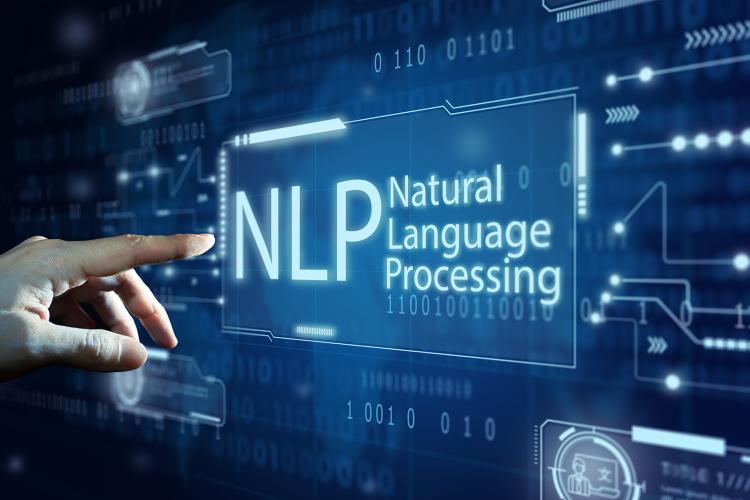In the age of AI, the ability of computers to understand and interact with human language has become increasingly important. Natural Language Processing (NLP) is the field of artificial intelligence dedicated to empowering computers with this capability. From virtual assistants to language translation tools, NLP is the brains of many applications that improve communication, productivity, and accessibility. Let's discuss what NLP is, how it works, and why it's a positive force in our world.
Understanding Natural Language Processing
NLP connects computer science, linguistics, and AI. It includes a wide range of techniques and methodologies geared at analyzing, understanding, and generating human language in a way that computers can comprehend.
How NLP Works
NLP systems rely on algorithms and models trained on large datasets of human language to learn patterns, structures, and semantics. These models employ statistical methods, machine learning, and deep learning techniques to process and interpret natural language inputs. By analyzing syntax, semantics, and context, NLP systems can extract meaning from text, decide the user's intent, and generate appropriate responses.
Real-World Applications of NLP
NLP has transformed numerous aspects of our daily lives, powering a diverse range of applications including:
- Virtual Assistants: Virtual assistants like Siri, Alexa, and Google Assistant leverage NLP to understand user commands, answer questions, and perform tasks such as setting reminders, sending messages, and playing music.
- Language Translation: NLP enables language translation tools like Google Translate to produce accurate and contextually relevant translations, breaking down language barriers and facilitating global communication.
- Text Analysis: NLP facilitates text analysis tasks such as sentiment analysis, topic modeling, and named entity recognition, enabling businesses to extract insights from large volumes of text data and make data-driven decisions.
- Information Retrieval: Search engines like Google utilize NLP algorithms to understand user queries and retrieve relevant information from the web, delivering personalized and accurate search results.
- Chatbots and Conversational AI: Chatbots and conversational AI systems employ NLP to engage in natural and intuitive conversations with users, assisting with tasks such as customer support, appointment scheduling, and product recommendations.
The Positive Impact of NLP
NLP brings numerous benefits:
- Enhanced Communication: NLP enables seamless communication between humans and computers, breaking down language barriers and facilitating more natural interactions.
- Increased Accessibility: NLP technologies make digital information more accessible to individuals with disabilities, empowering them to engage with content and services in meaningful ways.
- Improved Efficiency: By automating language-related tasks and workflows, NLP streamlines processes, increases productivity, and frees up human resources for more strategic endeavors.
- Innovative Applications: NLP fuels innovation across diverse domains, from healthcare and education to finance and entertainment, unlocking new possibilities for human-computer interaction and collaboration.
Natural Language Processing (NLP) is a power technology that enhances communication, productivity, and accessibility. By enabling computers to understand, interpret, and generate human language, NLP opens the door to a wide range of applications and opportunities that benefit individuals, businesses, and society as a whole.
Get a hold of us to discuss your project and how we can intergrate NLP to solve your issues.
